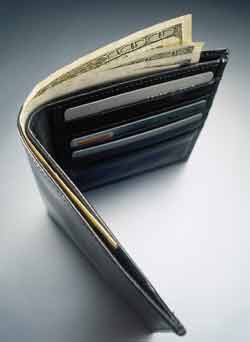South Carolina - Tax BenefitsA Balanced Tax Policy and Lower Cost-Of-Living Are a Refreshing Change From Many Other StatesIncome Tax South CarolinaSouth Carolina's income tax structure
follows federal income tax laws, allowing
the same adjustments, exemptions and
deductions with only a few modifications.
In fact, the starting point for calculating
your state tax liability is your federal taxable
income. Income tax rates start at 2.5
percent of When comparing South Carolina's tax rates with other states, it's important to look at each state's total tax package, not just the tax rates. For example, some states may tax Social Security benefits. South Carolina does not. South Carolina also allows special exemptions for retirees and senior adults. Beginning the first year you receive retirement income, and until you reach age 65, you can take an annual deduction up to $3,000. You can take this deduction for income received from any qualified retirement plan, including IRAs, government pension plan, Koegh plans and private sector pensions. At age 65, the deduction on retirement income increases to $10,000 and retirees may claim an additional $5,000 deduction on other income. The total deduction may not exceed $15,000. Property TaxSouth Carolina counties, cities and school districts impose ad valorem (property) taxes on real and personal property. Local governments assess and collect property taxes. The market value of a legal residence and up to five acres of surrounding land is assessed at 4 percent. The tax liability on the property is determined when local government applies its millage rate to the assessed value. County millage rates vary, but the state average is 255 mills (.255). South Carolina also allows a $50,000 homestead exemption on the fair market value of a home for resident who are age 65 or older, totally and permanently disabled, or legally blind. South Carolina's Property Tax Relief Act exempts homeowners from property taxes on the first $100,000 of the value of their home. The maximum benefit of this exemption ranges for $200 to more than $800 depending on the tax district where the home is located. Personal property tax is collected annually on cars, trucks, motorcycles, recreational vehicles, boats and airplanes. Personal property is presently assessed at 10.5 percent of market value. If you own a $10,000 car today, based on the average millage rate, your annual property tax would be $268. Beginning in 2002, the assessment rate on cars and light trucks will be reduced by .75 percent. The ratio will be further adjusted each year over a six-year period until the assessment rate reaches 6 percent.
|




 taxable income, graduating to a
maximum of 7 percent on taxable income
exceeding $12,000. The individual
income tax brackets are adjusted annually
to help offset the affects of inflation.
taxable income, graduating to a
maximum of 7 percent on taxable income
exceeding $12,000. The individual
income tax brackets are adjusted annually
to help offset the affects of inflation.